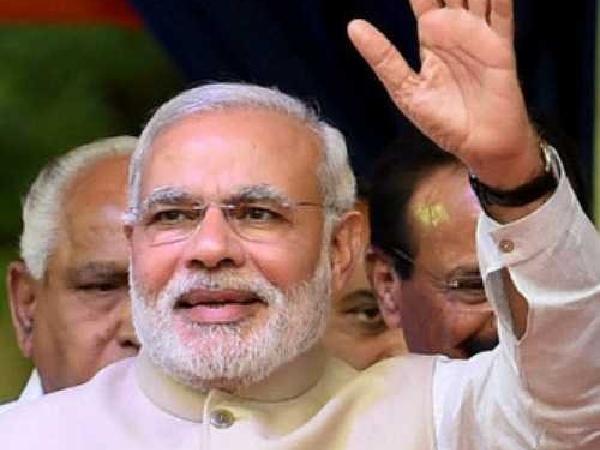The Modi government has given a big gift to students before the last budget in the PM’s current term. The government announced a 20 percent hike in research scholarships which is applicable to students who qualify for prestigious national level examinations of the central government and its agencies. The junior research fellowship has been increased from 25,000 rupees per month to 31,000 rupees per months and Senior Research Fellowships (SRF) have been increased from 31,000 rupees per month to 35,000 rupees per month. SRF is given to students who have completed two years of their doctoral studies. The stipend given to post-doctoral fellows who work as research assistants (who are pursuing postdoctoral studies and have at least three years of research experience) would vary between 47,000 rupees per month to 54,000 rupees per month.
“The hikes were recommended based on inflation. We’d made a recommendation but the final numbers are result of discussion among the Human Resource Development Ministry, the Science Ministry, as well as the Finance Ministry,” said Ashutosh Sharma, Secretary, Department of Science and Technology. The increase in fellowship money would benefit at least 1.25 lakh students who have qualified for different exams of the Department of Science & Technology, Defense Research and Development Organization, Ministry of Human Resource and Development, Indian Council of Agricultural Research, Indian Council of Medical Research, Indian Institutes of Technologies, Indian Institutes of Science, Indian Institutes of Science Education and Research, etc.
For this fiscal year, the government departments will have to manage financial resources on their own, in the next fiscal year these departments will be allotted additional funding. “The revised emoluments will take effect from 01.01.2019,” reads the government order. “Respective departments should meet the required additional amount from their existing budget through matching savings in other schemes. At the time of the main budget for 2019-2020, this may be reviewed,” it added.
The government will scrap multiple existing regulatory institutions like UGC, AICTE, and National Council of Teacher Education (NCTE) and bring new regulatory authority named the Higher Education Evaluation and Regulation Authority (HEERA).The UGC has become yet another aspect of modern India’s socialist history like the Planning Commission. The AICTE, NCTE and many other regulatory institutions met with the same fate. HEERA will be tasked with suggesting possible grants to institutes based on their performance, which will ensure outcome-based funding rather than just throwing the money away to irrelevant courses. Another major reform was establishment of National Testing Agency (NTA) which is tasked with conducting competitive exams like JEE and NEET. The government also gave a final nod to the IIM Act, 2017 to govern the Indian Institute of Management (IIMs) which will give premier business institutes unambiguous autonomy.
The mainstream media has been very unfair in the coverage of educational policies of Modi government. The disdain of Lutyens’ media towards the Modi government is clearly visible from the overall reporting of the important policy level reforms by the Modi government in the education sector. The important reforms like establishment of HEERA were not given due importance in media coverage. These institutional changes will bring the education out of the clutches of outdated socialist policies and sync the education with socio-economic framework of the country.
